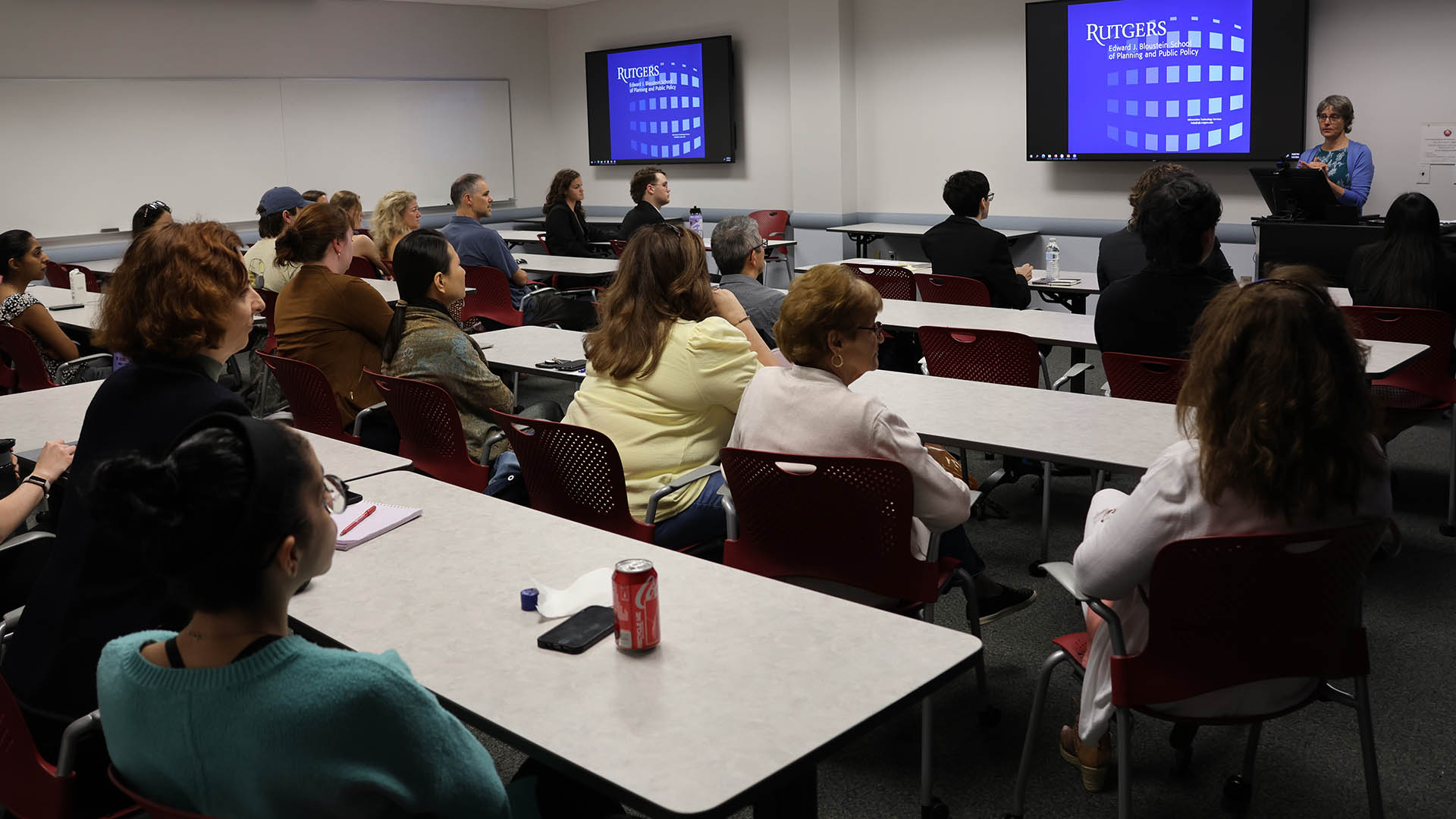‘Open data’ refers to government data, and all data that is made publicly available with little to no restrictions for use, reuse, and distribution, to support transparency, innovation, and creative interactions, leading to insights-driven value creation.
Topic
information technology
Research: Adaptive cognitive fit: Artificial intelligence augmented management of information facets and representations
Artificially intelligent technologies that can adapt information representations to overcome cognitive limitations are necessary for complex information environments.
Digital equity – what it is, how it’s defined in the field, how it’s related to public policy, and why it matters in NJ
The difference in Americans’ reliance on smartphones to access the internet may influence the activities they engage in.
How hospital administrators are managing COVID challenges
Alumnus Jacob Persily discusses the potential and the challenges associated with the critical rollout of the Covid-19 vaccine.
Using Crowdsourcing Applications to Interpret and Build More Equitable Cities
Crowdsourcing tools exist to solve real problems, enabling planners to study cities by providing new and better access to spatial data,
Symposium to explore the possibilities and challenges of information technology
On Friday, October 19 the Bloustein School will host Representing the City: Technology, Action, and Change, a day-long symposium exploring the possibilities and challenges of information technology in democratic planning practice for social justice. The symposium...
Upcoming Events
Undergraduate New Student Information Session for Fall 2024 Majors
Bloustein School, Civic Square Building 33 Livingston Avenue, New Brunswick, NJ, United StatesIn-Person Session August 27th The Bloustein School is hosting the annual undergraduate student orientation for new majors on Tuesday, August 27, 2024. Newly enrolled direct-admit students in Planning and Public Policy, […]
International Student Resources Information Session and Panel
VirtualMeet your Bloustein Graduate student services/career team and the Bloustein Liaison to our international students. The second hour will be a panel of international alumni who will share their journey […]
Virtual Career Drop-ins
VirtualStop by virtually on Mondays (except for holidays) beginning September 9th through December 16th between 11 am and 1 pm to ask a quick (15 min) career-related question of Bloustein […]
Virtual Career Drop-ins
VirtualStop by virtually on Mondays (except for holidays) beginning September 9th through December 16th between 11 am and 1 pm to ask a quick (15 min) career-related question of Bloustein […]
Undergraduate Research Discovery Session: Public Health and Public Policy
Bloustein School, Civic Square Building 33 Livingston Avenue, New Brunswick, NJ, United StatesDr. Jane Miller will present information about the Bloustein Honors Research Program (BHRP) and independent study options available. Dr. Liz Cooner, Director of the NJ State Policy Lab, will be […]




